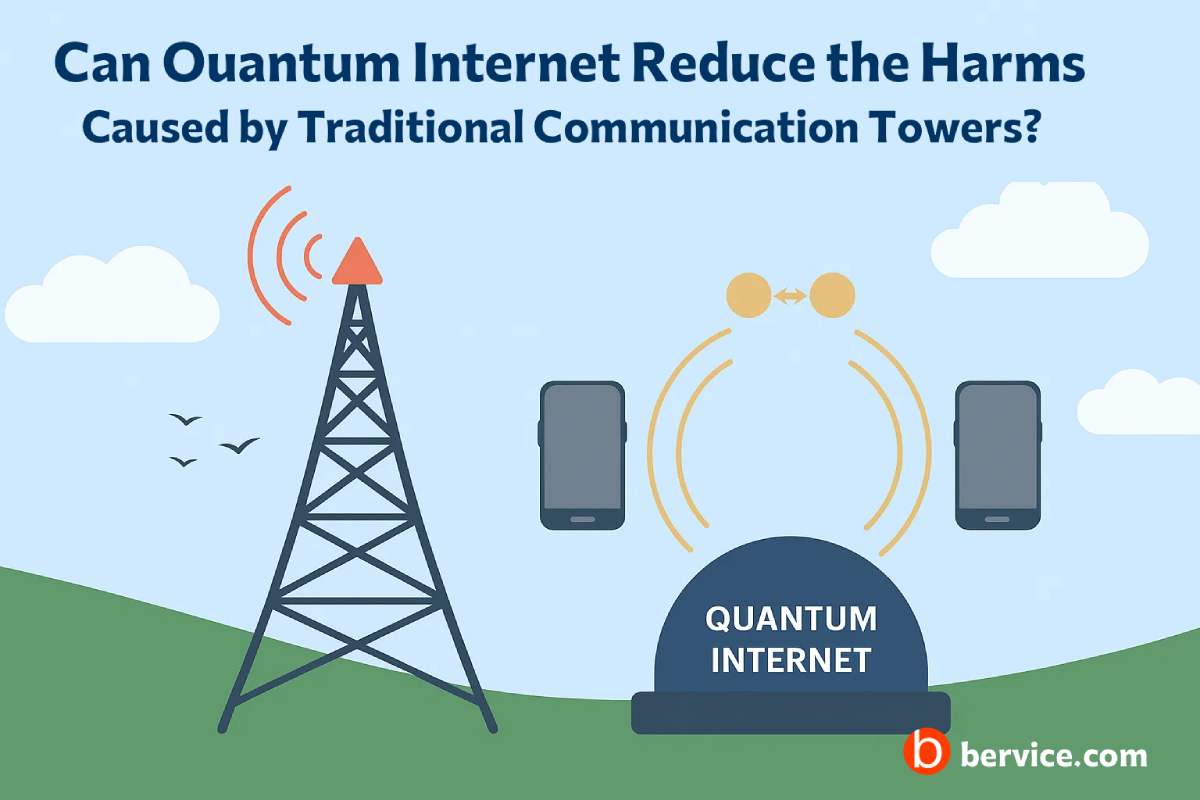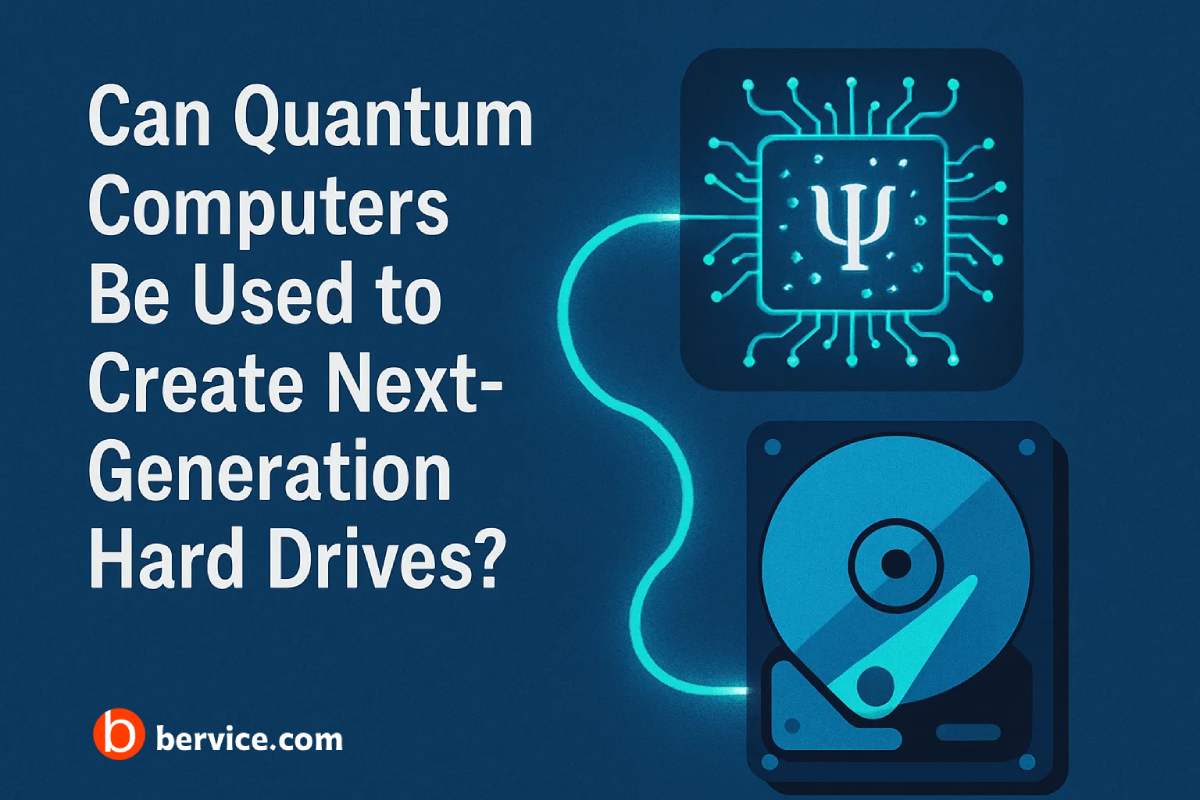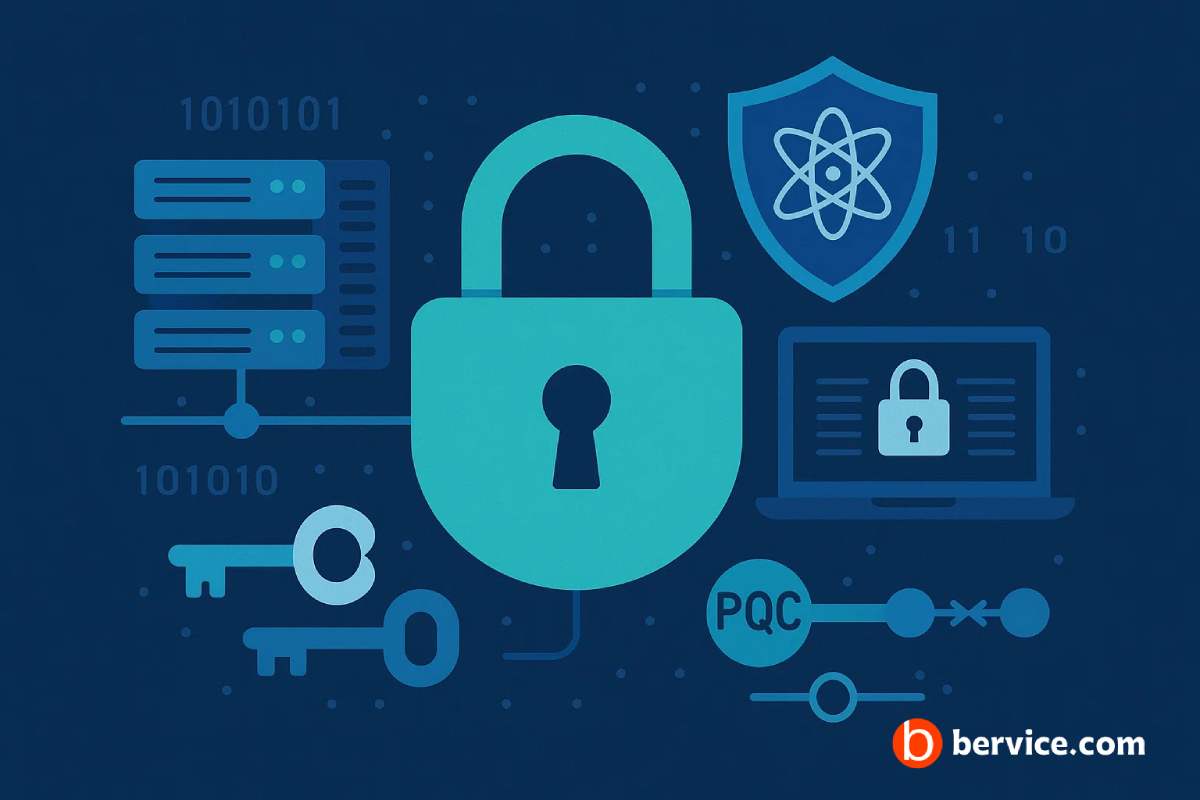
Advantages of Quantum Technologies for Enhanced Security
Introduction: The Quantum Leap in Information Processing
The rapid advancement of quantum computing is poised to transform the landscape of information processing. Unlike classical computers that rely on binary bits, quantum computers use quantum bits (qubits) capable of representing 0 and 1 simultaneously through superposition. This unique capability allows for massively parallel computations, enabling solutions to problems that are currently intractable for classical systems. However, the same power that makes quantum computers revolutionary also introduces significant security concerns—particularly in the realm of cryptography. Understanding how to harness quantum technology for both performance and security is essential to shaping a safe digital future.
The Security Challenge: Breaking Traditional Cryptography
Quantum computers have the potential to break widely used cryptographic algorithms such as RSA and ECC by leveraging algorithms like Shor’s algorithm, which can factor large numbers exponentially faster than classical machines. This capability poses a direct threat to data confidentiality, secure communications, and even blockchain systems. Organizations across the globe are now investing in post quantum cryptography (PQC) and quantum-safe protocols to prepare for the so-called “Q-Day,” when quantum computers will be powerful enough to render current encryption obsolete. The challenge lies in ensuring a smooth and secure transition before this tipping point arrives.
Quantum Technologies as a Security Asset
While quantum computing introduces new risks, it also offers unprecedented opportunities to enhance security. Quantum Key Distribution (QKD) is a prime example, leveraging the principles of quantum mechanics—specifically, the no-cloning theorem and quantum entanglement—to create unbreakable encryption keys. Any attempt to intercept or measure the key would irreversibly alter its quantum state, instantly revealing the presence of an eavesdropper. Moreover, quantum random number generators (QRNGs) can produce truly unpredictable values, strengthening encryption schemes against brute-force attacks. These innovations could serve as the backbone of next-generation secure communication systems.
Transforming Information Processing Efficiency
From a processing perspective, quantum computing can revolutionize fields like optimization, machine learning, and large-scale simulations. In cybersecurity, this means faster anomaly detection, real-time threat analysis, and advanced pattern recognition for detecting sophisticated attacks. By integrating quantum algorithms with classical security systems, organizations could process massive datasets while maintaining robust encryption—balancing speed, intelligence, and safety. The synergy between quantum-enhanced analytics and quantum-secure communication protocols could define the next era of trusted computing.
Building a Quantum-Secure Future
The path forward requires a dual approach: developing quantum-resistant encryption standards to protect existing infrastructure and simultaneously exploring native quantum security mechanisms like QKD. International cooperation, standardization efforts led by bodies such as NIST, and proactive industry adoption will be crucial. Early integration of quantum-safe systems will help organizations stay ahead of emerging threats while positioning them to leverage the full computational benefits of quantum technology.
Conclusion: From Threat to Trust Infrastructure
The future of information processing in the quantum era will hinge on how effectively we address security challenges. While quantum computing poses a real threat to current cryptographic systems, it also offers powerful tools to reinforce digital trust. By embracing quantum technologies not only as a computational revolution but also as a security enhancement, we can move toward a future where information is processed faster, more intelligently, and more securely than ever before.
Connect with us : https://linktr.ee/bervice




